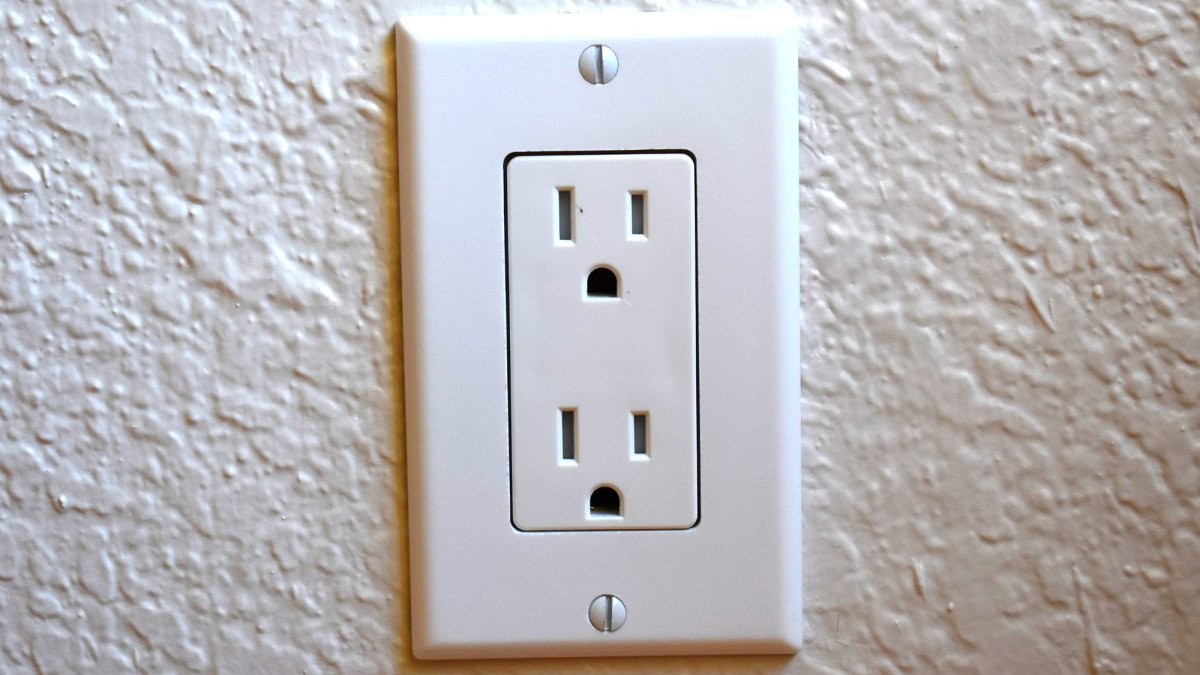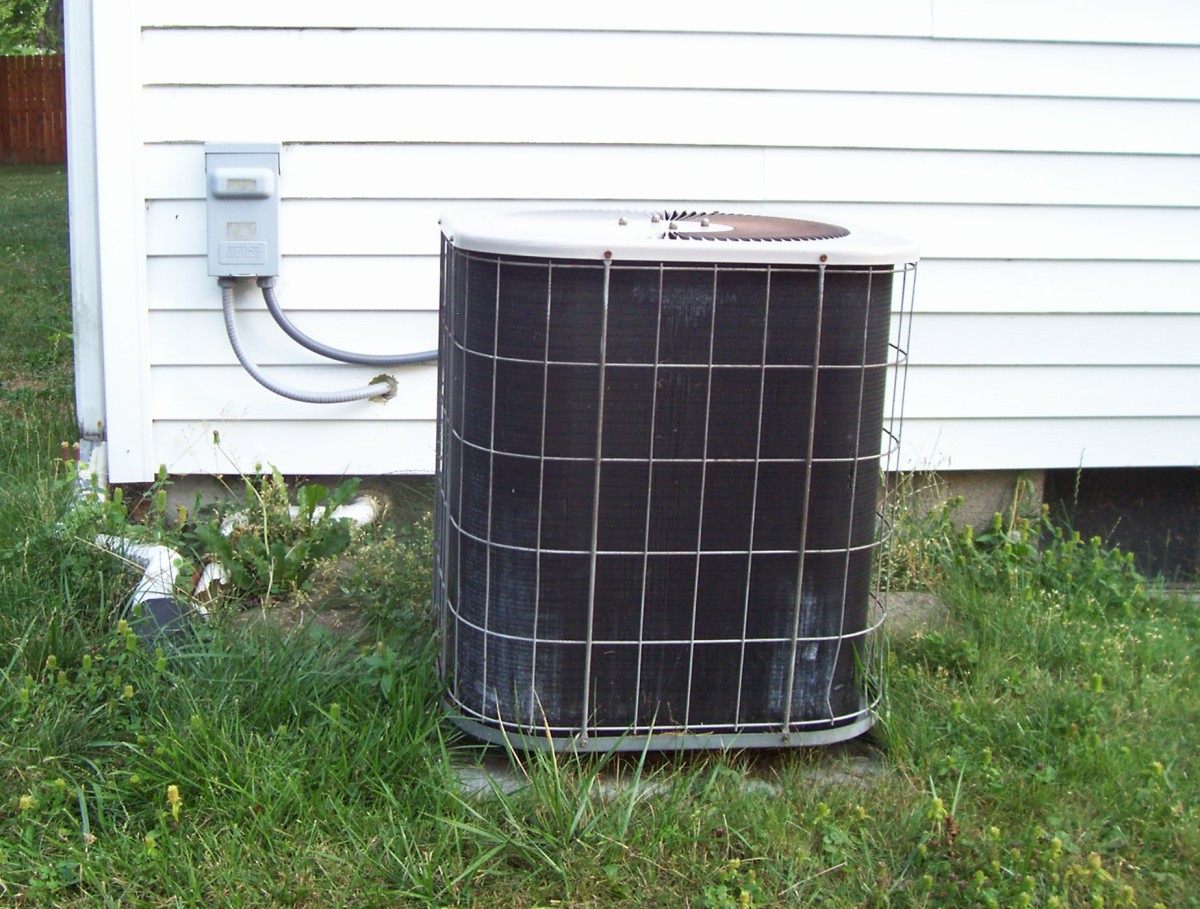The best garage door opener
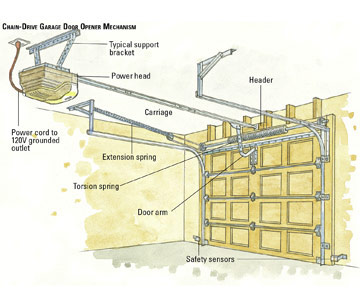
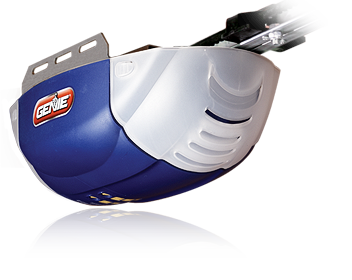
Choosing the best garage door opener can be a difficult task with all the models, features and operating mechanisms that are available out there.
Our guide makes choosing the best garage door opener easy and hassle-free. After reviewing the information below, you should be sufficiently armed to purchase the correct garage door opener according to your needs.
Below is a list of the most popular and best garage door openers:
- Drive Type: Belt
- Power: 3/4 HP
- Battery: YES
- Security: Timer-to-Close
- Lighting: 200W
- Warranty: Lifetime
_________________________________________________________________
- Drive Type: Direct
- Power: 3/4 HP
- Battery: NO
- Security: Rolling Code
- Lighting: 120W
- Warranty: Lifetime
Sommer Synoris 550
_________________________________________________________________
- Drive Type: Chain
- Power: 1/2 HP
- Battery: NO
- Security: Rolling Code
- Lighting: 100W
- Warranty: 6 Years
Chamberlain PD210D
_________________________________________________________________
- Drive Type: Chain
- Power: 1/2 HP
- Battery: NO
- Security: Rolling Code
- Lighting: Up to 75W
- Warranty: 5 Years motor, 1 year parts
_________________________________________________________________
- Drive Type: Belt
- Power: 1/2 HP
- Battery: YES
- Security: Rolling Code
- Lighting: 200W
- Warranty: Lifetime on motor, 10 years on belt
Chamberlain WD822KD Whisper
Things to consider when deciding on a garage door opener:
Installation:
Many garage door openers are uncomplicated enough for the average Do-It-Yourselfer to install, however you may consider contracting a qualified service
technician to install and/or maintain the garage door opener. If you're an avid DIY-er, you can find general instructions here.
Life Expectancy:
A garage door opener has a life expectancy and is subject to wear and tear just like any other mechanical device. In a recent study, Utah State University
(http://extension.usu.edu/files/publications/factsheet/FL_HO-12.pdf) concluded that the average life expectancy of a garage door opener is about 10 years,
with the average cost of replacement ranging from $300 to $450.
Power:
Your garage door opener must be able to handle your garage door. If the door is too heavy and/or too high for your garage door opener, you would have
wasted time and money. Most residential garage doors can be operated with 1/2 HP(horsepower), which is also the minimum power output of most garage door
openers.
Use a 1/2 horsepower opener for a single-car, wooden or insulated double-car garage door up to 16 feet wide and 8 feet tall. Get a 3/4 horsepower garage door
opener for doors wider than 16 feet.
Battery Backup:
Depending on environmental factors and power reliability(or lack thereof), you might also consider purchasing a garage door opener with a battery in case of
a power failure. A garage door opener with an alternative power source adds additional security and peace of mind.
Timer-to-Close:
This feature closes the garage door automatically in case you forget to. Usually it can be set for 1, 5, or 10 minutes.
Rolling code feature:
If you're concerned about security, you should look at a garage door opener with a rolling code feature. This feature generates a new code on each press,
ensuring that a potential burglar cannot record a code and use it to open your door.
Keyless entry pad:
A keyless entry pad is mounted against the wall just outside the garage door. This will grant you access if you locked yourself out. Some units operate by
reading your fingerprint.
Warranty:
Warranties range from 1 to 15 years and some garage door openers have a lifetime warranty such as belt-drive garage door openers.
Other garage door openers have various warranties and usually contain some combination of the following warranties:
- A "Parts warranty"
- "Belt warranty"
- An "Accessory warranty"
- A "motor warranty"
Type of drive:
Each of the drive types below have their own strengths and weaknesses.
- Chain drive systems are noisy, but they're also reliable and inexpensive. You can also install them yourself.
- Belt drive systems, while quiet, are not as durable as a metal chain and they're expensive.
- Screw driven garage door openers are reliable and quiet, however they're expensive and installing them may be difficult. Consult a professional installer.
- Direct driven systems are reliable, quiet and low-maintenance, but they're expensive.
Belt-drive garage door opener

These garage door openers are the most silent, but also more expensive than the others.
As the name suggests, they operate with a belt instead of a chain- similar to the fan-belt of a car. They are sturdy and well manufactured and as a result
can offer many years of service. They also have a life-time warranty.
Chain-driven garage door opener:

Utilises a metal chain to push and pull the arm along the rail. The chain is similar to a bicycle chain and it's the most common garage door opening
mechanism, while being the least expensive. It's the noisiest mechanism, however, and if you have small children or if there are rooms next to, or above the garage, you might want to take this into consideration.
Apart from that, it's also less reliable than a belt-driven garage door opener, however replacing the chain or performing minor mechanical maintenance from
time to time, is obviously less expensive than replacing a belt, which makes it a less expensive product to own and perfect for the average homeowner.
Screw-drive garage door opener:

A screw-driven garage door opener uses a long steel rod that is threaded like a screw, within the rail. Noise levels are between that of a belt-driven garage door opener and a chain-driven garage door opener.
They have a small number of moving parts and therefore require little maintenance compared to chain and belt-driven garage door openers. If you live in an environment with sudden changes in temperature, you might consider using one of the other systems, since a screw-driven garage door opener's life expectancy will be decreased as a result of this.
Direct-drive garage door opener:
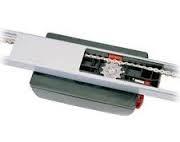
Direct drive garage door openers have been available in Europe for decades, but are a recent entry into the US market. They consist of a moving motor that propels itself along the rail. A direct drive garage door opener is considered to be the best garage door opener and they have the least amount of moving parts and as a result, requires the least amount of maintenance than the other mechanisms.
Since they're so reliable, they are also offered with a lifetime warranty and some are quieter than belt drives.
Standard features of a garage door opener:
Lights:
Most garage door openers can handle two 60-watt bulbs, while others can be fitted two 100-watt bulbs.
Remote Control:
Two remote control units are standard on new garage door openers. Some remote controls can operate multiple doors while others are fitted with a single
button for a single garage door.
Wall Controls:
Another standard feature is a wall-mounted control pad. This opens and closes the door and turns the lights on and off.
© 2013 Helmuth Kisting










